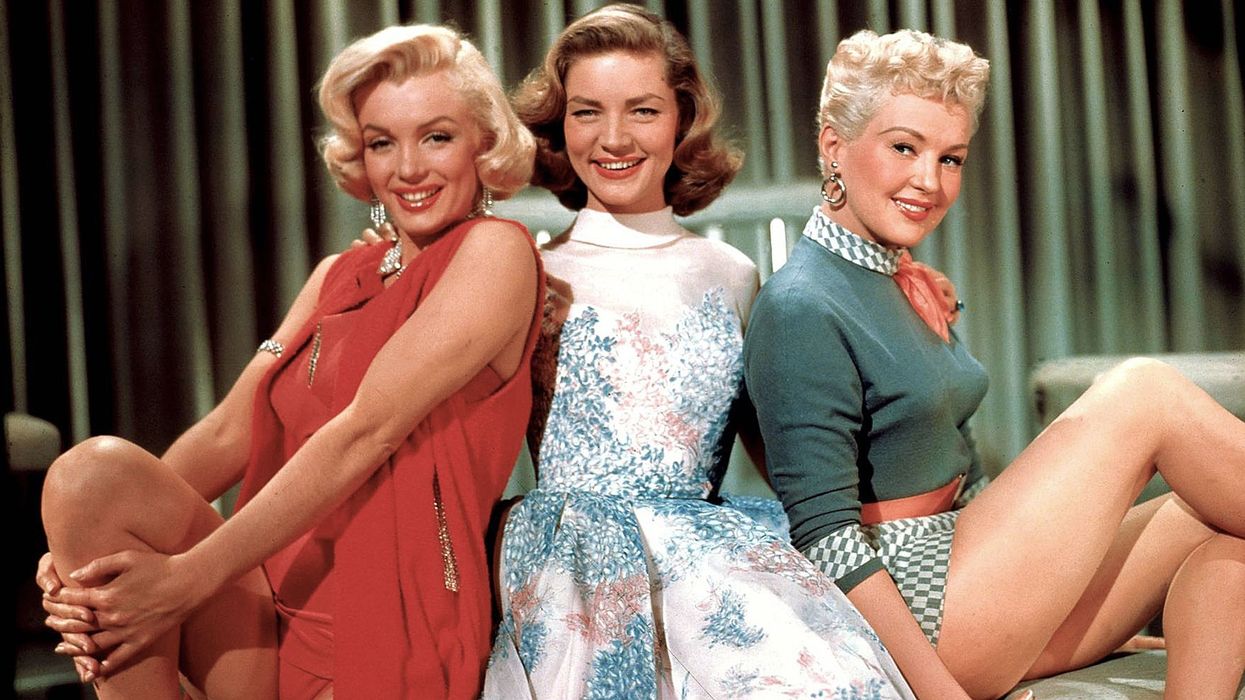From the Big Screen, to the TV, & Beyond: The History of the Home Theater

The term "home theater" has become a little bit archaic now with the advent of VOD platforms that allow you to watch films on computers and mobile devices, but still, the ability to watch films at home was a development that changed the world of cinema forever. In yet another excellent lesson, Filmmaker IQ brings us an exhaustive look inside the history of life before the home theater, the technology that made it possible, as well as the effects it has on our culture today.
According to Filmmaker IQ's lesson, film has definitely come a long way since its inception. What started out as a sideshow attraction, the Nickelodeon, films have become a rich, sophisticated, and artful medium. The way we experience movies today is diverse -- in theaters, TVs, computer screens, phones, drive-ins, projected on walls, so it's strange to think that for a long time, they were experienced almost exclusively in movie palaces and theaters.
For those of you who grew up in the 60s, you might remember what it was like sitting at home and watching Saturday Night at the Movies on TV. This was essentially the beginning of film's transition from the theater to the living room -- instead of being scheduled and released solely on the big screen, they were scheduled and aired on TV.
Just like the current state of film exhibition, studios and networks were looking for a way to offer films on demand to their audiences. VHS tapes and LaserDiscs were the Netflix and Amazon Instant Video of its time, giving viewers the option to rent and buy films and watch them at home in their respective players at their leisure.
And now, the "home theater" is becoming the "individual theater," with movies and TV shows available to be viewed by just one viewer on their computers or smartphones. These changes in exhibition pose many questions about the future of cinema. What effect do all of these different ways of watching films have on audiences? Will filmmaking ultimately change based on the way it will be exhibited, especially if the majority of viewers are watching movies meant for a large screen on their phones or computer screens?
Check out Filmmaker IQ's video below that digs deeper into the history of the home theater. Also, make sure to check out the written lesson for supplemental videos and pictures.
What do you think? What's next for film exhibition, do you think? How have the ways we watch films changed the way we make them?
Link: The Evolution of Home Theater - Big Tech of the Small Screen -- Filmmaker IQ











